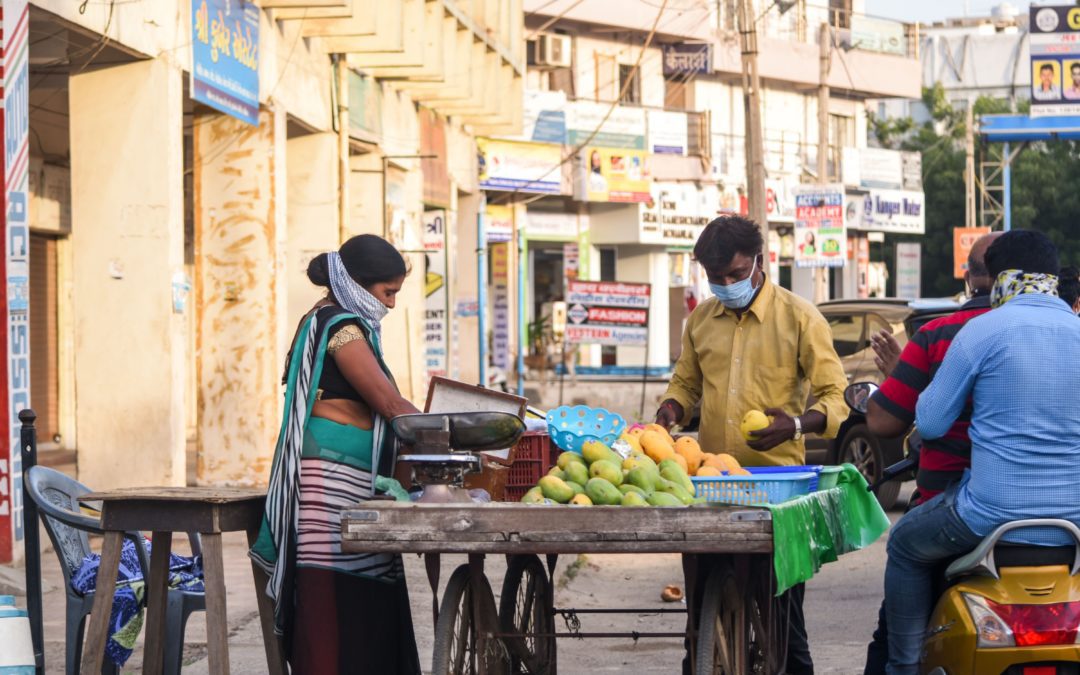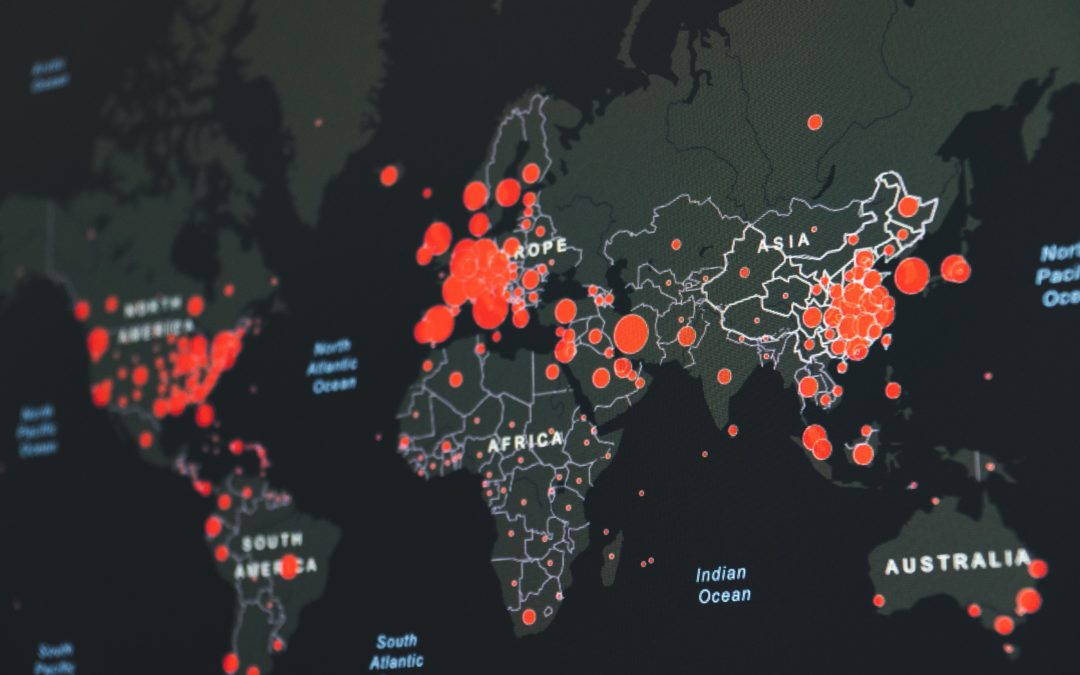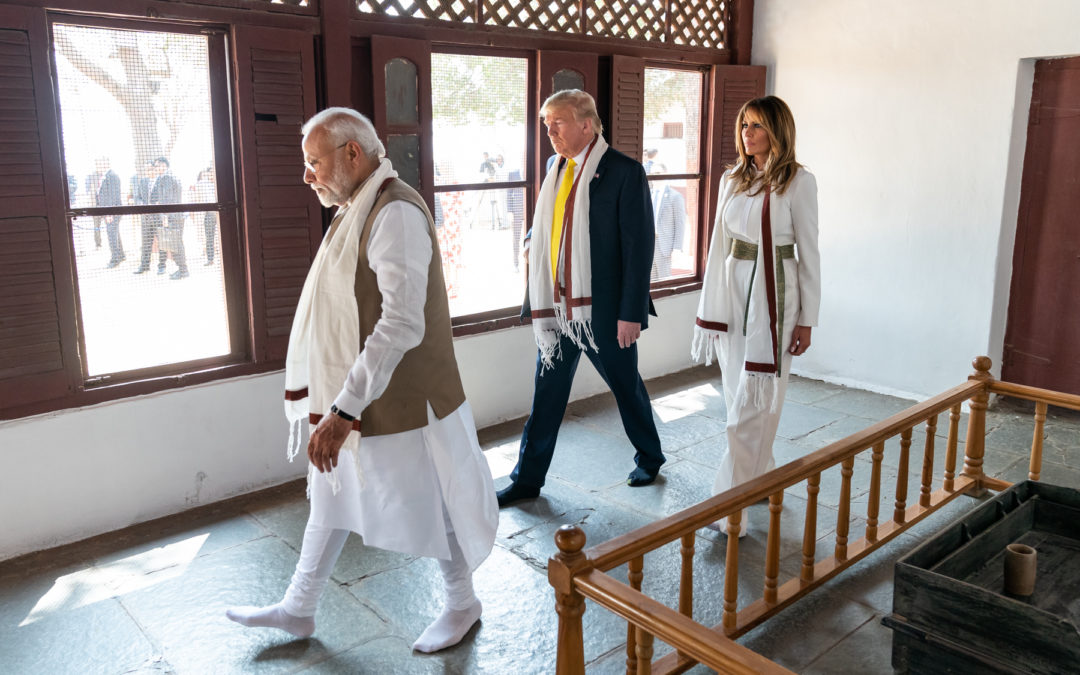Video: Crowdsourcing Memories of the 1947 Partition of British India

“There is nothing as epochal as the cataclysmic event that was visited upon the people of South Asia when decolonization occurred and the British withdrew during the dismantling of the British empire. That forced event — that trauma — continues to shape the lives of two billion of the world’s seven billion people today,” says Professor Tarun Khanna, Jorge Paulo Lemann Professor at the Harvard Business School and Director of the Mittal Institute. Despite the abundant historical and political scholarship on the Partition of British India in 1947, there are still gaps in our understanding of the event — and the Mittal Institute’s research team set out to change that.










